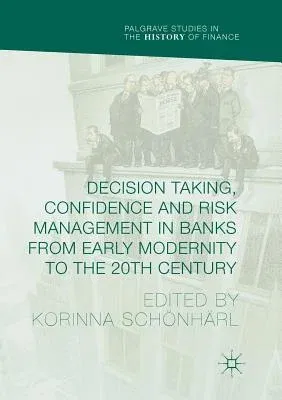Decision Taking, Confidence and Risk Management in Banks from Early Modernity to the 20th Century (Softcover Reprint of the Original 1st 2017)Paperback - Softcover Reprint of the Original 1st 2017, 15 July 2018

Qty
1
Turbo
Ships in 2 - 3 days
In Stock
Free Delivery
Cash on Delivery
15 Days
Free Returns
Secure Checkout
Part of Series
Palgrave Studies in the History of Finance
Print Length
342 pages
Language
English
Publisher
Palgrave MacMillan
Date Published
15 Jul 2018
ISBN-10
3319824945
ISBN-13
9783319824949
Description
Product Details
Book Edition:
Softcover Reprint of the Original 1st 2017
Book Format:
Paperback
Country of Origin:
NL
Date Published:
15 July 2018
Dimensions:
21.01 x
14.81 x
1.91 cm
ISBN-10:
3319824945
ISBN-13:
9783319824949
Language:
English
Location:
Cham
Pages:
342
Publisher:
Weight:
435.45 gm

